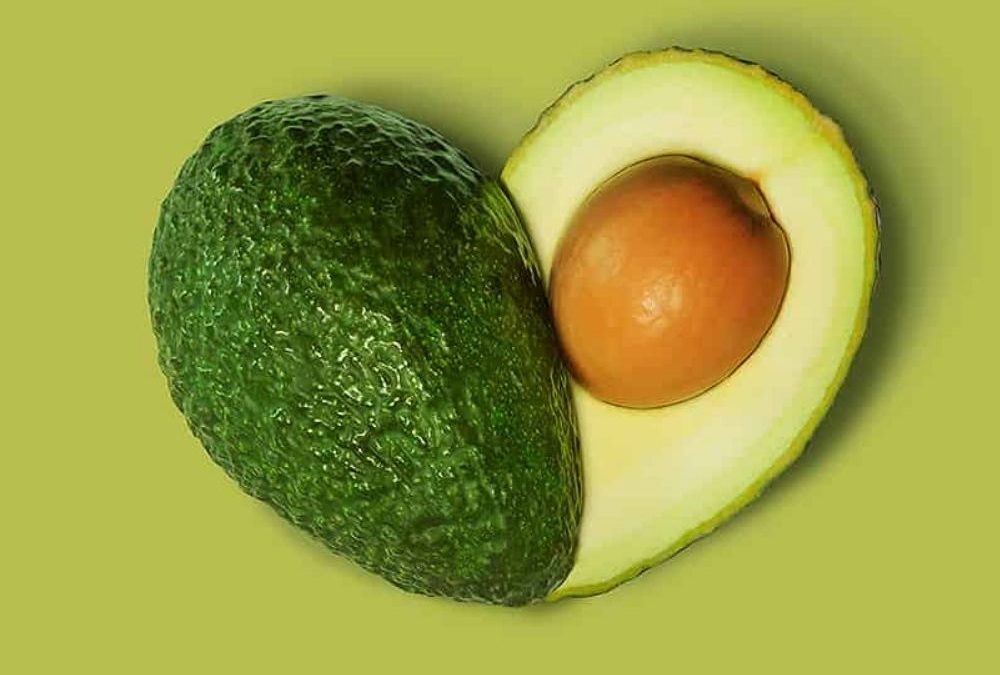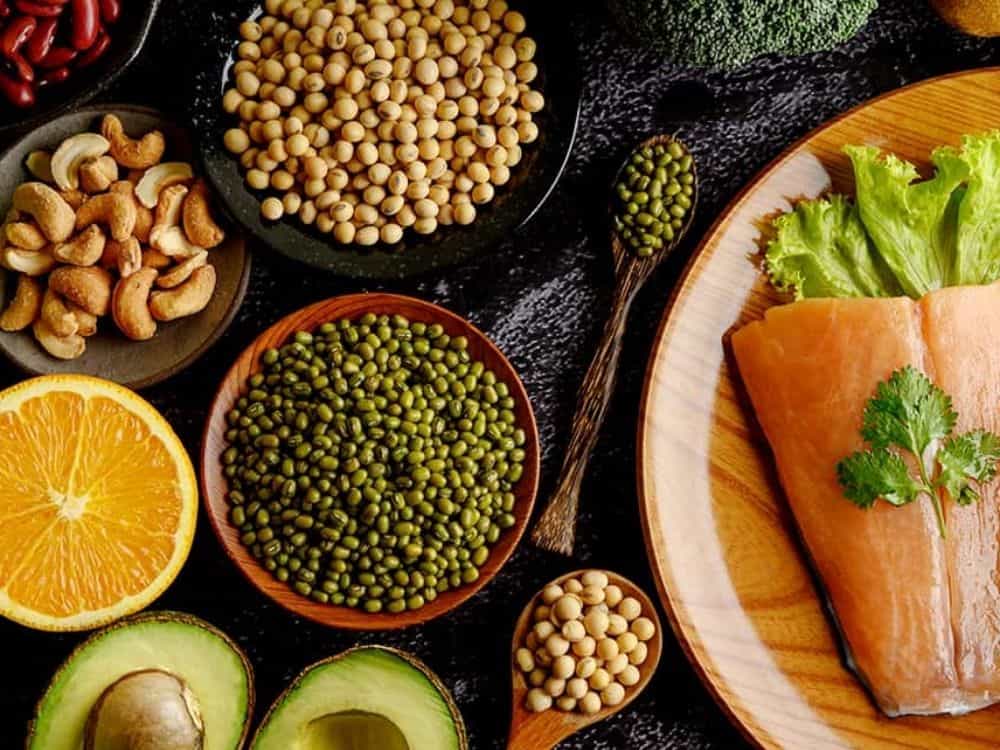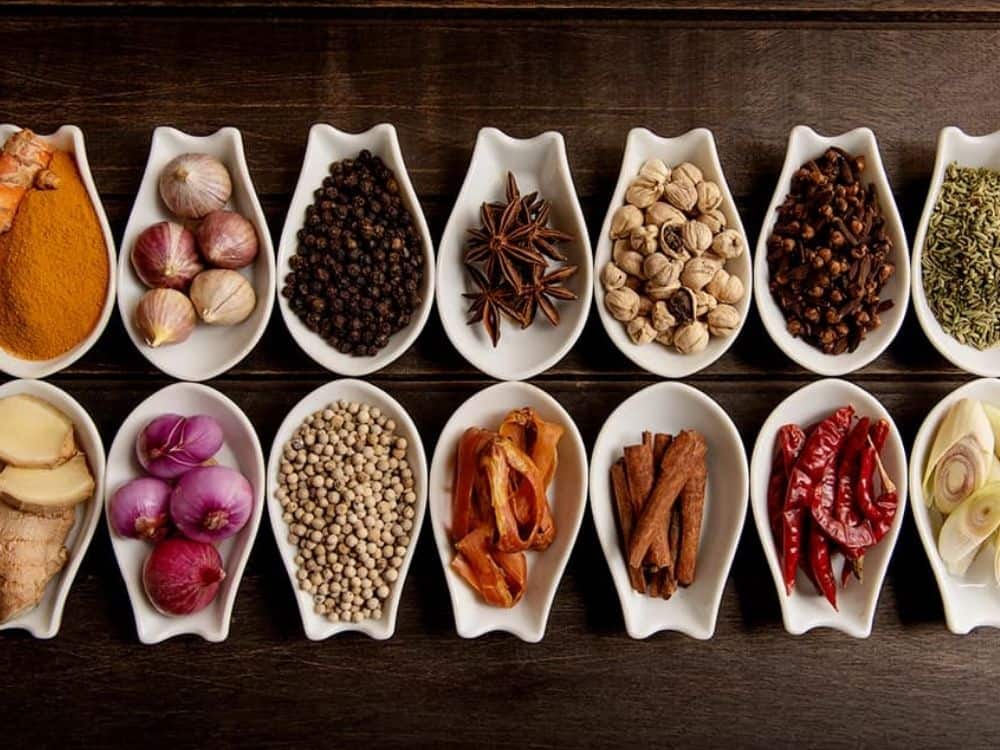
Superfoods Part 3: Critical Superfoods for a Healthy Heart
Heart health becomes increasingly important as we get older. Our daily habits, including the foods we eat, can have a big effect on whether or not we develop heart disease, heart attacks, or strokes. If you often eat food that you know is less healthy, it’s not too late to make changes now that can have an impact on your health later. Adding more superfoods to your meals can help your heart and blood vessels function at their best.
Why Is Heart Health Important?
Heart disease can be very serious. It causes one out of every four deaths in the United States, making it the number one cause of death. Additionally, every 40 seconds an American has a heart attack. Keeping your heart healthy can help you avoid sickness, disability, or an early death.
Heart Disease
The term “heart disease” doesn’t just refer to one illness. Rather, it’s a general term for several related conditions:
- Coronary heart disease, in which plaque builds up in the blood vessels, blocking blood flow to the heart
- Heart attack, also known as myocardial infarction, happens when blood flow to the heart is blocked and the heart muscle dies or becomes damaged
- Heart failure occurs when the heart becomes too weak to keep pumping blood
- Other conditions can also lead to changes in the heart’s valves, muscle, or rhythm
Who Gets Heart Disease?
Heart disease affects men and women at equal rates, although women tend to get heart disease at a slightly older age than do men. Additionally, a person’s risk of heart disease changes based on their race and ethnicity. People who are Black tend to have a higher chance of developing heart disease, while people who are Hispanic, Asian, or Pacific Islander tend to be at lower risk.
A person’s genetics also play a role. Genes are passed down through families, so if you have a relative who was diagnosed with heart disease, your risk is higher.
Finally, the older you get, the more your risk increases. Men who are older than 45 and women who are older than 55 have a higher chance of developing heart disease.
Lifestyle Factors Related to Heart Disease
While a person cannot change certain things, such as his or her genetics or age, each of us can still do other things to boost our heart health. The three main risk factors for getting heart disease include high blood pressure, high cholesterol levels, and smoking. Nearly half of Americans have at least one of these factors, but in most cases, they can all be prevented.
People with certain conditions or lifestyle factors are also more likely to develop heart disease:
- Diabetes
- Unhealthy eating habits
- Lack of physical activity
- Overweight or obesity
- Drinking heavily
Eating for Heart Health
To boost your heart health, start by focusing on the things that are within your control. Changing the things that you eat is a great place to start. Goals of a heart-healthy diet include:
- Lowering your blood pressure
- Reducing levels of LDL (“bad” cholesterol) and increasing levels of HDL (“good” cholesterol)
- Lowering your blood sugar levels
Many superfoods can help you reach these goals. Eating a variety of different nutritious foods on a regular basis can make a big difference in how well your heart functions.

Heart-Healthy Protein Options
Protein that comes from animals, including red or fatty meats, contains a lot of saturated fat. This type of fat leads to more cholesterol in your blood vessels, which in turn raises your risk of heart disease.
It’s okay to eat meat occasionally – it provides you with several different kinds of nutrients. Certain strategies can help you reduce the amount of saturated fat you are getting from meat:
- Eat meat less often
- Eat smaller portions of meat
- Choose leaner cuts of meat
- Take the skin off of foods like chicken
Ultimately, replacing meat with other protein-packed superfood options gives you the best shot at heart health.
Eat More Seafood
Replacing fattier meats with superfood protein sources is a great way to help your heart. Fatty fish is one such food that can boost your health. Research has shown that people who rarely eat fish are more likely to die from heart disease than those who eat fish once per week or more. Omega-3 fatty acids are thought to be responsible for this effect – people who get more of this nutrient have lower levels of fat in their blood and have a reduced risk of heart attack and heart disease.
Superfood seafood sources of omega-3’s include:
- Salmon (fresh, wild caught is best)
- Herring
- Sardines
- Mackerel
- Trout
- Oysters
- Sea bass
Omega-3’s are available in supplement form but it is always best to obtain them from food if you can because the studies to date seem to be inconclusive about the effectiveness of the supplement form.
Plant-Based Sources of Protein
You can also use plant protein in place of fatty meats. Soybeans, beans, and lentils can all be used as a main dish, and are all considered superfoods.
Like seafood, soybeans also contain a lot of omega-3’s. Try stir-frying or sautéing tofu in an omega-3-containing oil such as canola oil, topping with your favorite sauce, and serving over brown rice or a healthy pasta. Alternately, roast tofu in the oven along with some vegetables or mash up a block of tofu to make a scramble.
Eating beans, lentils, and other legumes has also been tied to a lower risk of heart disease, stroke, high blood pressure, and diabetes. These foods contain many of the same nutrients as meat, but lack saturated fats. Legumes are also packed with fiber, and people who eat the highest levels of fiber have a lower chance of developing heart disease. Ideas for adding beans and other legumes to your diet include:
- Throwing them in soups, stews, and chilies
- Topping salads with beans or chickpeas
- Dipping veggies in hummus or a black bean dip
- Preparing beans or lentils as a side
- Wrapping them up in a burrito or taco
- Mixing beans or lentils with vegetables, herbs, and cheese for a light salad
Superfood Vegetables for Heart Health
Green vegetables – think spinach, kale, chard, collard greens, broccoli, and Brussels sprouts – have a lot of healthy nutrients that can protect your heart. Some of these health-boosting compounds are:
- Fiber: This nutrient helps clean cholesterol out of your arteries and protects you from heart disease and diabetes.
- Potassium: Foods like spinach and broccoli can provide potassium, which helps lower blood pressure. People who don’t get enough potassium may have hardened arteries and an elevated risk of heart disease and stroke.
- Nitrates: Leafy greens have a lot of nitrates, which help keep your blood vessels healthy and your blood pressure levels normal.
These veggies make for great side dishes. Eat them raw, as a salad, or sauté in a healthy fat. Broccoli and Brussels sprouts taste great roasted with your favorite herbs and spices.
Whole Grains for Whole Health
Whole grains are less processed than their refined counterparts. Examples of whole grain foods include whole-wheat bread, brown rice, rolled oats, barley, grits, whole-wheat pasta, and even popcorn.
Whole grains are considered a superfood because of their many nutrients, including fiber, B vitamins, and iron. They also take longer to be broken down by the body, meaning that your blood sugar levels will stay more stable as you digest them.
Many clinical trials have found that eating whole grains is good for the heart. People who eat more of this superfood have a 25% reduced risk of stroke and 22% reduced risk of heart disease.
Prepare Meals With Superfood Fats
When you cook food, you generally use some type of fat, like butter or oil. Because butter is an animal-based product, it contains a lot of saturated fat, and it’s better to eat it in moderation. Additionally, coconut, palm, palm kernel, and hydrogenated oils contain saturated fat and shouldn’t be used often.
Olive oil, on the other hand, is considered by many to be a superfood. It contains a lot of healthy monounsaturated fats and damage-fighting antioxidants. Olive oil also has compounds called polyphenols that help prevent heart disease. Cooking with olive oil can help people reduce their blood pressure, lower someone’s chances of heart disease or heart attack, and may even help people lose weight.
Flaxseed oil is another excellent superfood option. Flaxseeds have more omega-3 fatty acids than any other food! They also contain B vitamins, phosphorus, and magnesium. Flaxseeds can fight all the different types of heart disease, so cooking with flaxseed oil is a good move for heart health.
Other options for cooking oils that contain healthier fats include canola, safflower, sunflower, corn, soybean, or peanut oils.

Heart-Boosting Spices
Many of us get too much salt in our diets, and can improve our heart health by cutting out some of the sodium. In particular, people with high blood pressure should try to follow a low-salt diet. Salt is a big source of flavor. You may not miss it as much if you switch to flavoring your foods with superfood spices:
- Black pepper protects the heart from unhealthy fats.
- Cinnamon can help reduce blood pressure levels and helps keep the blood from clotting.
- Chili peppers contain a spicy molecule called capsaicin, which can soothe inflammation and protect the heart.
- Garlic may improve cholesterol levels.
- Ginger helps prevent fat and cholesterol from building up in the arteries.
Can You Eat Sugar on a Heart-Healthy Diet?
Not all sugary foods are created equal. Some foods contain natural sugars, while others have sugar added to them while being processed. For example, fruits naturally contain sugar, but extra sugar may be added to items like canned fruit or fruit juice. When you’re eating for heart health, it’s better to limit the amount of added sugars you eat. This means cutting out sweetened drinks like soda, alcohol, and energy drinks. It also means limiting the amount of desserts or sugary snacks you eat. If you’ve got a bit of a sweet tooth, try looking to superfoods with higher levels of natural sugar to replace sweeter processed foods. Here are some heart-healthy options:
- Berries: Blueberries, strawberries, and cranberries are loaded with nutrients, fiber, and polyphenols. People who eat them regularly have better fat and sugar metabolism, improved cholesterol levels, and boosted heart health.
- Grapes: Red grapes contain a molecule called resveratrol, which protects against heart disease and aging.
- Dark chocolate: Eating this superfood – in moderation, of course – may lower a person’s risk of heart disease, diabetes, and stroke.
Healthy Heart Diets
Some people may find it hard to add individual superfoods to their daily meals, and prefer a more comprehensive eating plan that tells them what and when to eat. Doctors have developed a couple of different diets that boost heart health, and many of these emphasize eating more superfoods.
The DASH Diet
Dietary Approaches to Stop Hypertension, or DASH, is an eating plan that helps people lower blood pressure and cholesterol levels. As an example, someone who is following DASH and needs 2000 calories per day would eat:
- 6-8 servings of grains per day, preferably whole grains
- 4-5 servings of vegetables per day
- 4-5 servings of fruits per day
- 2-3 servings of fat-free or low-fat dairy products per day
- Less than 6 ounces of lean meat per day
- 4-5 servings of nuts or seeds per week
- 2-3 servings of healthy oils per day
Clinical trials that have studied the DASH diet have also found that people who make the following changes are more likely to see a benefit:
- Reduce sodium intake to 2,300 mg or less per day
- Replace 10% of carbohydrates with either protein or unsaturated fat
- Get more physical activity
The Mediterranean Diet
This eating plan is based on the ways that people in Italy, Spain, and other regions near the Mediterranean traditionally prepare and eat their food. Like the DASH diet, the Mediterranean diet advocates eating whole grains, fresh produce, and other high-fiber foods. The eating plan is centered primarily around plant-based foods – lean meat or chicken is more of an accent than the main focus of the meal. Scientific research has found that people who follow the Mediterranean diet have better blood sugar and cholesterol levels. They are less likely to have heart disease and other chronic health conditions.

Other Strategies for Heart Health
Changing your diet is a great first step towards better heart health. Other lifestyle changes that your doctor may recommend include:
- Losing extra weight
- Reducing stress
- Exercising and moving more throughout the day
- Getting better sleep
- Quitting smoking
- Drinking alcohol less often
Your doctor can help you understand your risk of heart disease by measuring your blood pressure and cholesterol levels and assessing other risk factors. If you are concerned about your heart, get annual physical exams and ask your doctor for recommendations related to lifestyle changes you can make. If you have high blood pressure or high cholesterol levels, your doctor may also prescribe you medication in order to help manage these factors.
Putting It All Together
Changing up your diet is one of the best things you can do for your heart. Swap in superfoods for high-sugar, fatty, processed foods whenever possible. Eating a variety of different types of superfoods is a great way to start living a more heart-healthy lifestyle!
If you would like to learn more, schedule a consultation with Dr. Connor.

